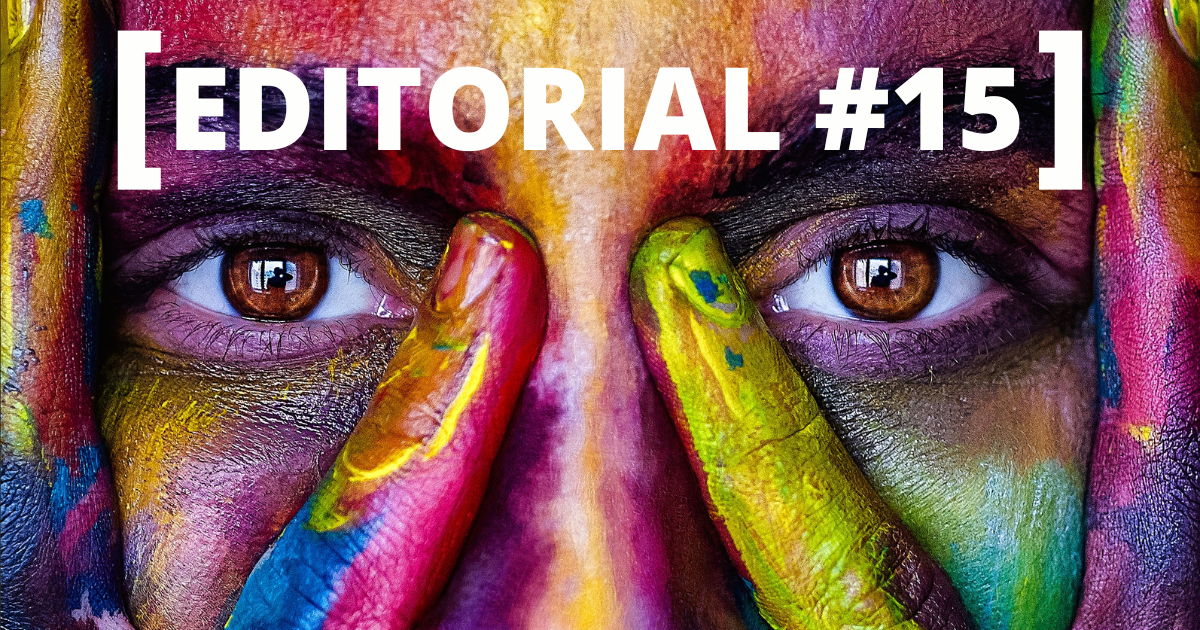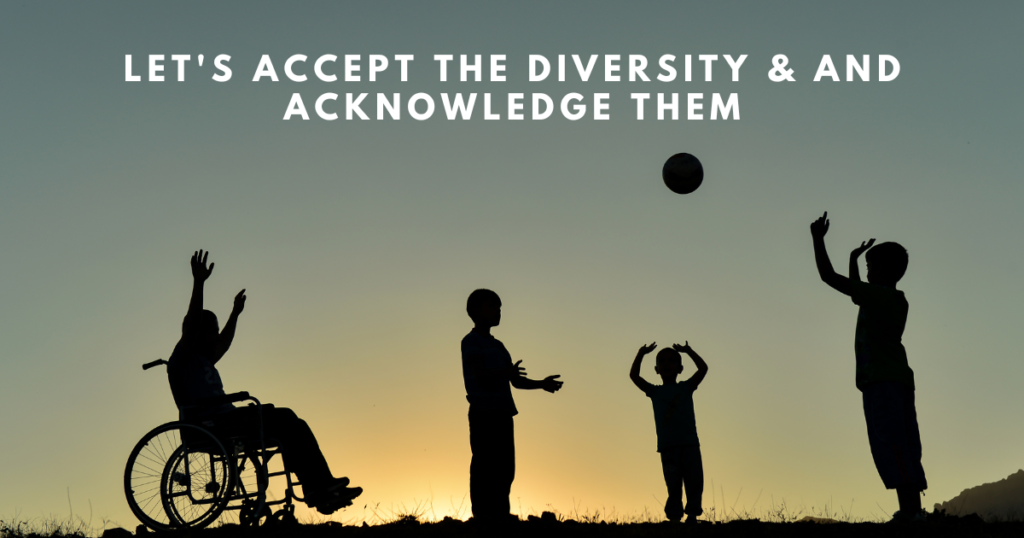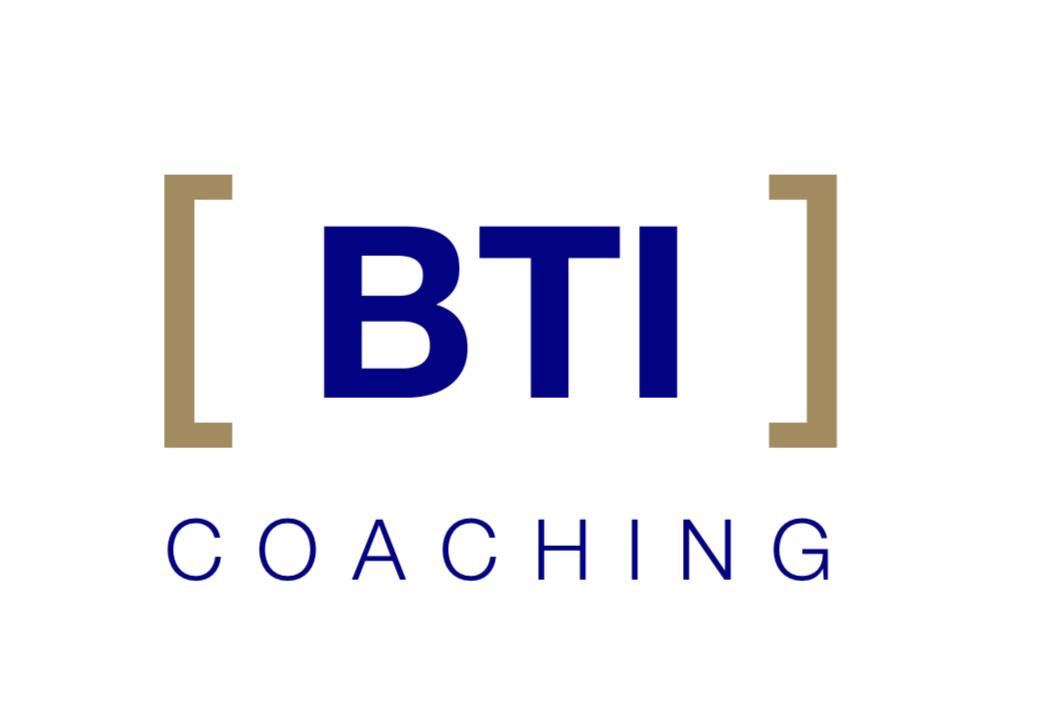
Coaches must make a concerted effort to get to know every person they interact with and to notice and understand what drives them to want to come back week after week. Adopting a person-centered approach is fundamental to becoming a more inclusive leader. So what is behind the terms diversity and inclusion?

Diversity and inclusion. Words resonate like values. Sounds like a new mantra, doesn’t it?
If you don’t repeat and articulate these words, let alone integrate them into your organization or communities culture, you will quickly feel excluded. Let’s accept the diversities and acknowledge them. They are not limited to gender, sexual preferences, physical and mental disabilities, chronic and disabling illnesses, ethnicity, skin color, and facial features, to name but a few. We will have to give meaning and perspective to these words that often offer a clear conscience to those who use them but do not necessarily always make things happen.
It’s time to work on yourself, change our mental filters, and discuss inclusion. There is no inclusion if we lack open-mindedness and if we bring a binary and dogmatic approach to others and the situations around us.
Let’s relearn to doubt and put ourselves in uncomfortable situations. “All clarity schematizes the mental world.” by Boris Cyrulnik. Therefore, it is necessary to find the grey area, to bring some doubt about the stimuli that saturate us. How to include the other if we do not accept ourselves? Accepting one’s contradictions and areas of uncertainty is perhaps a necessary first step to welcoming one’s differences with the other.
Never has the education of our children been so decisive in aiding in recognizing distinction, to question what they have been taught. It is time to face mental dictatorships. Inclusion and diversity are not the prerogatives of a minority; they are everyone’s business.
Let’s keep an open mind and open our hearts. While showing our presence to one another with an open heart and without judgment, we will go a long way toward inclusion. Our society talks about diversity yet has become so individualistic and uncompassionate. We no longer take the time to listen to each other.
Humility will make us discover the other with the stance of a learner. Our joyful and enthusiastic curiosity is necessary to learn to recognize each other better by rediscovering the other and reconciling this long-repressed dark side.
Related Posts
Thinking in an Uncertain World: Toward a Human Leadership
Crisis is not a dead end but a space to inhabit. Rather than fleeing uncertainty, we must engage with it, seeing it as a source of renewal rather than paralysis. Thought must embrace the fluidity of...
Redefining Desire: Embracing Fulfillment Through Acceptance and Purpose
Desire isn’t the enemy, but neither is it something to chase endlessly. Faut pas chercher invites us to stop seeking fulfillment through constant acquisition and instead accept desire without obsession. By...
Cultivating Surrender and a “not seeking approach”
Wisdom is not always found in control or understanding but in surrender—trusting life’s natural flow. Overanalyzing can exhaust us, while embracing uncertainty brings peace. Letting go means releasing the...

